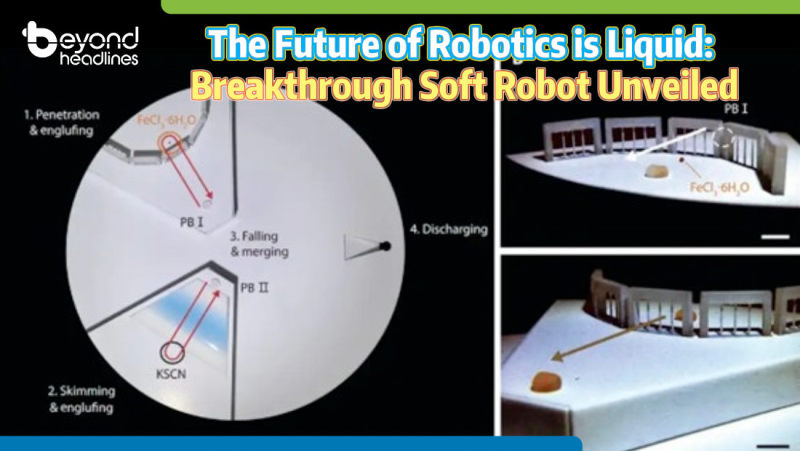What is ‘white gold’? How does it create an economic miracle in Djibouti? Abdalla Ballah, an ordinary driver in this small African country, tells you an extraordinary story about his hometown.
VO:
Driving east from Djibouti City, the capital of the East African country, for more than half an hour, this road is the only route leading to the Lake Assal, the lowest point on the African continent, and driver Ballah is most familiar with it. He has been working at the salt investment company for 16 years, and his job is a multi-purpose driver.
[NAMECARD:Abdalla Ballah / Driver]
Abdalla Ballah:
Now we can produce and export. So far, Djibouti has changed a lot.
VO:
‘Assal’ in Arabic means ‘honey’, but the Lake Assal has not brought sweet life to the local people. Until 2015 that China Communications Construction Group brought the necessary funds and technology to revive the Lake Assal. Ballah 's life has changed significantly from then on. He now has a stable monthly income, with a salary of approximately RMB 5,000, which is higher than what he would earn working for a local company.
Abdalla Ballah:
I can say ‘thank you’ and ‘hello’ in Chinese. I am quite satisfied with the atmosphere and corporate culture of the Chinese company. When the Chinese people came, some spoke French, and some companies brought translators. The Chinese people are strict about rules, which I appreciate. I support my five children with doing this job. And I am quite satisfied with my salary.
VO:
Lake Assal is a saltwater lake formed by changes in the earth's crust. It is also one of the salt lakes with the largest salt reserves in the world. The salt and salt products from here, along with the roads and ports built by Chinese companies, are sold to international markets, earning valuable foreign exchange for Djibouti’s economic development. This resource is known as ‘white gold.’
[Pan Weidong/Chairman and General Manager of Salt Investment S.A of Djibouti]
Pan Wei-dong:
President Guelleh of Djibouti has visited our factory several times, along with various ministers. Each time they visit, they said that the Chinese people have created a local miracle.
Djibouti’s natural resources are very scarce, making the resources in Lake Assal an invaluable and highly effective asset. The added value of these resources is truly remarkable. For example, the bromine element found here can be used as a flame retardant and in medical supplies. Through the development of the bromine resource, we established the first salt chemical project in Africa, creating something unprecedented on the continent. This initiative has also brought employment to more than 100 local people, providing them with a stable source of income.
Over the past few years, our company has paid more than US$10 million in resource taxes, which represents a substantial contribution to the country’s overall resource income. As you have seen at Lake Assal, the salts are white, which is known as ‘white gold.’
VO:
Djibouti protects Red Sea exports and serves as an important seaport on the ‘Belt and Road’ initiative. The Red Sea Crisis has affected the supply of raw materials, leading to a 45-day shutdown of the factory. Despite this interruption, workers continued to receive their wages in full.
Pan Wei-dong:
In my opinion, since we Chinese companies have come here, it's not just about saying we will develop Djibouti’s resources. We should also work to improve the local people's livelihood. Recognizing the insufficient local water supply, we have purchased a water tanker to provide water every two weeks. Additionally, through the Hong Kong GX Foundation, we have seized the opportunity to offer cataract surgery to cure blindness, addressing the local cataract problem. This people-to-people connectivity along the ‘Belt and Road’ Initiative is reflected in such small but impactful details.











